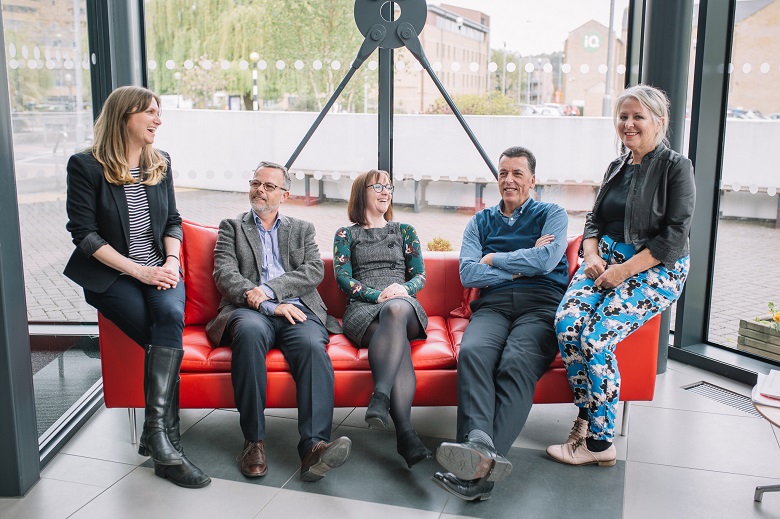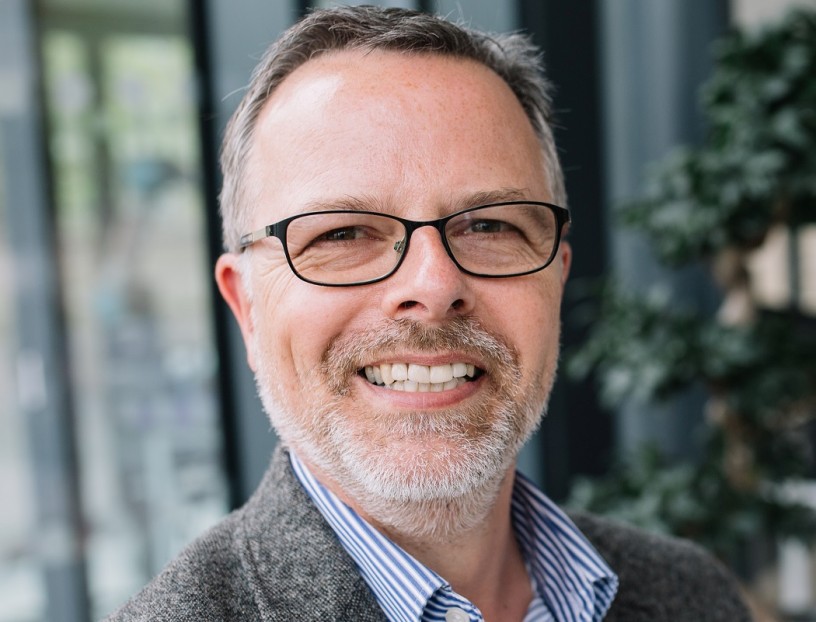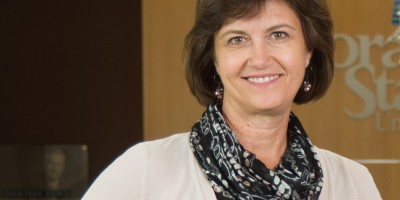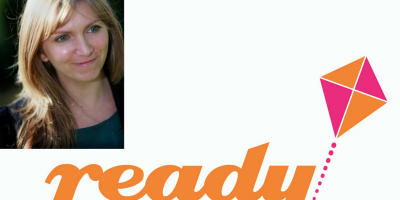In the spotlight:
Name: Philip Clegg
Location: Huddersfield
Occupation:
- Head of Student and Graduate Business Startup , University of Huddersfield
- Director of EEUK
- Chair of the Graduate Entrepreneurship Network
- Co-founder of CASE
You are an influential individual within the enterprise education space. What does ‘enterprise education’ mean to you, and why do you think it’s important?
Enterprise education is about developing the ability to recognise opportunities and act upon them, and to think creatively and innovatively in order to solve problems. If we understand this, then it is perhaps easier to appreciate how it can be so valuable to everyone, enabling success in individuals regardless of whether they elect to be self-employed, employed or – most likely – a combination of both.
How did you first become involved with enterprise education?
I suppose the answer to this is that I was perhaps involved before I really knew what it actually was! I originally trained and worked as a classical musician, studying at the Royal Northern College of Music and then in the USA. As a violinist, I had many opportunities to work in a freelance capacity, principally in symphony, chamber and opera orchestras, but also in smaller ensembles and as a teacher. Musicians are naturally enterprising in creating a career path from constantly evolving and changing opportunities, but fuelled by a passion for what they do. In that sense I was being enterprising because that’s just what a musician does.
The CASE programme – which you co-founded – promotes social enterprise startup amongst the university and graduate community at the University of Huddersfield. Tell us more about the services on offer and how they contribute to a student’s development?
CASE (Create A Social Enterprise) came about following our engagement with the HEFCE/UnLtd See Change Programme. The See Change programme afforded us the opportunity to engage with a different type of student/graduate to those typically accessing the enterprise team for business startup support at that time. Raising awareness that we could support both socially-motivated and financially-motivated opportunities started to develop a better understanding of social enterprise here at the University of Huddersfield. This was something we knew we must continue beyond the scope of the HEFCE programme.
CASE is the resulting solution and faces externally; providing consultancy support in the areas of social enterprise planning & development and impact measurement, and utilising its profits after costs to deliver pro-bono social enterprise support to our own students and graduates, thereby being a sustainable model.
CASE is underpinned by my current Doctor of Enterprise research to establish a sector-led, best-practice model of social enterprise startup support.

Philip Clegg and colleagues
Can enterprise be included at all stages of education, and within every subject? If yes, how? If no, why not?
Yes, it can, and if we are speaking about ‘enterprise education’ rather than ‘entrepreneurship’ it absolutely should be, and from as early an age as possible! Enterprise education is about helping people recognise opportunities and act on them, whereas entrepreneurship education is specifically about business startup.
How have your own experiences as a business owner and self-employed classical musician influenced your teaching?
Well firstly, I don’t teach in the sense of being an academic, classroom-based lecturer. I am very much a practitioner and approach the role of advising students and graduates on business startup from the perspective of understanding what it is like to be self-employed myself. Until I reached the age of 37, I had only ever earned money from either playing or teaching the violin, and would perhaps still be doing that if an illness in my late 30’s hadn’t caused an arthritic condition in my hands. I think if you are going to advise and guide people on starting their own business or self-employment opportunity, you need to have experienced the issues they are facing yourself in order to gain their trust, fully appreciate their circumstances, and offer practical and relevant advice and support. That being said, it is always so much easier to spot potential solutions and opportunities when you are on the outside looking in at someone else’s problems, rather than trying to find solutions to your own business issues!
There’s an age-old debate about whether entrepreneurs are born or made. Can you weigh into this?
Can I be annoying and say perhaps it’s an element of both? I think there are certain characteristics that are frequently found in successful startup leaders which, by their very nature, are ‘built-in’, and so I suppose this comes under the category of born. However, even if the characteristics and ‘hard-wired’ elements are present, you will still need to develop skills, gain knowledge and be receptive to support and advice in order to be more successful.
For students who don’t want to be entrepreneurs, what other benefits does enterprise education provide?
How long have you got?!
The ability to spot opportunities, solve problems, think creatively, develop persuasive reasoning, research and collect evidence and to become enterprising employees, to name just a few.
Where do you hope to see enterprise education in five years’ time?
Hopefully more widely and readily understood and accepted, and therefore integral to all aspects of education.
What does a typical day look like in the world of Philip Clegg?
That’s a tricky one as there really isn’t a typical day. In fact, one of the great things about working in this arena is the sheer variety. Looking at yesterday, just as an example, my day included a meeting with my enterprise team colleagues to both plan and discuss any current issues in our support programmes. I then met with a student who wanted help in planning a new venture. The afternoon included some preparation for speaking at a Westminster Higher Education Forum about our Enterprise Placement Year programme next week, and finished with a visit to our incubator (The Duke of York Young Entrepreneur Centre) for some prospective University of Huddersfield students.
And finally, Philip, tell us: if you were an animal, what would you be and why?
Probably a swan – yes OK, maybe I’m more of a duck! Either way, hopefully fairly calm on the surface, whilst paddling rather furiously underneath to keep the diverse elements of my life on track!





Leave a Reply